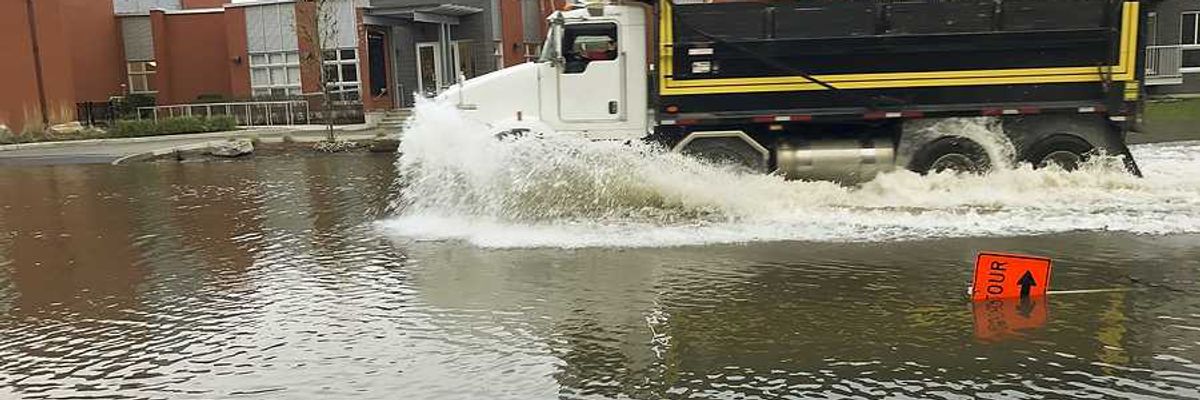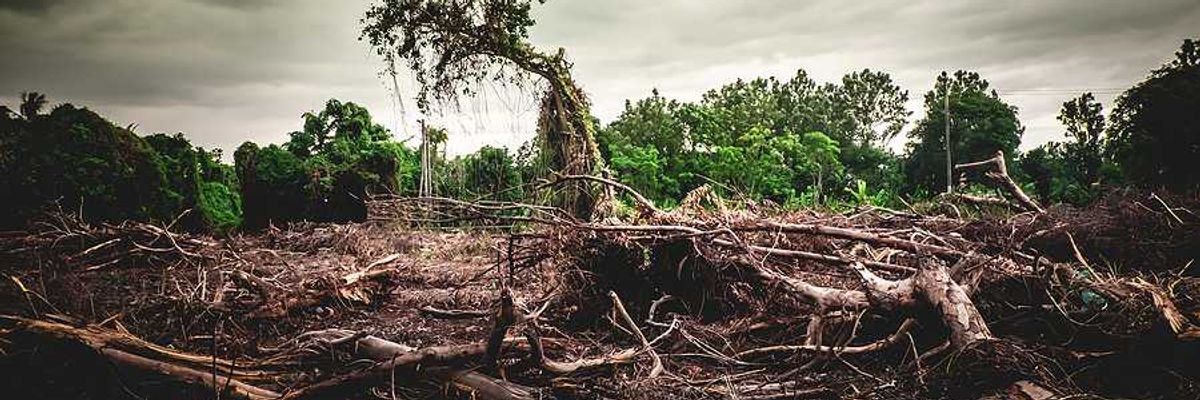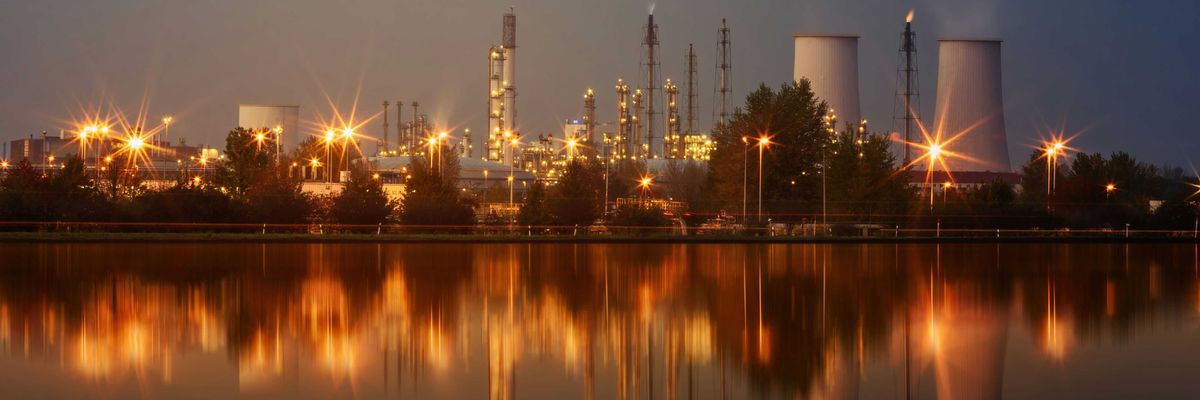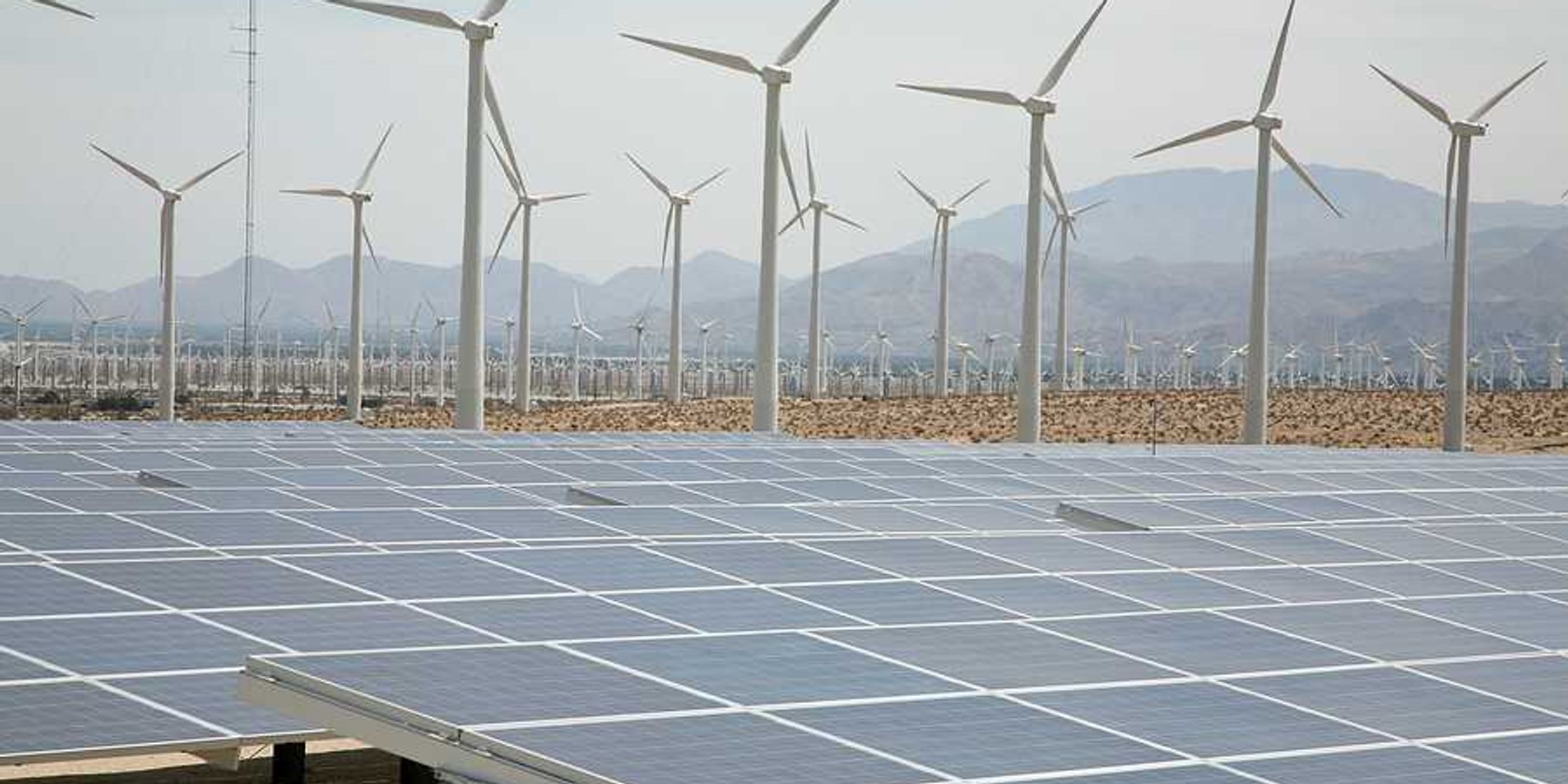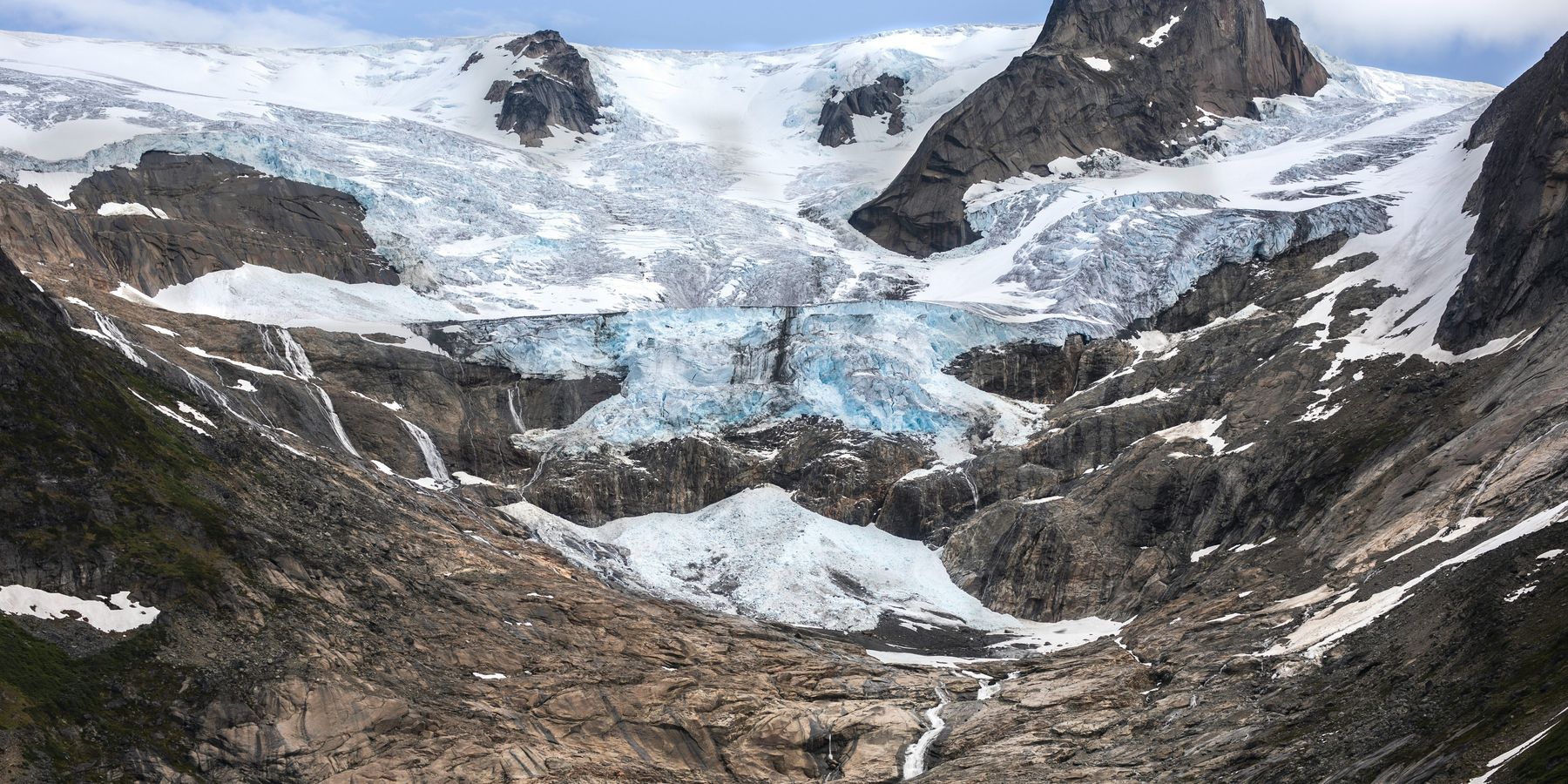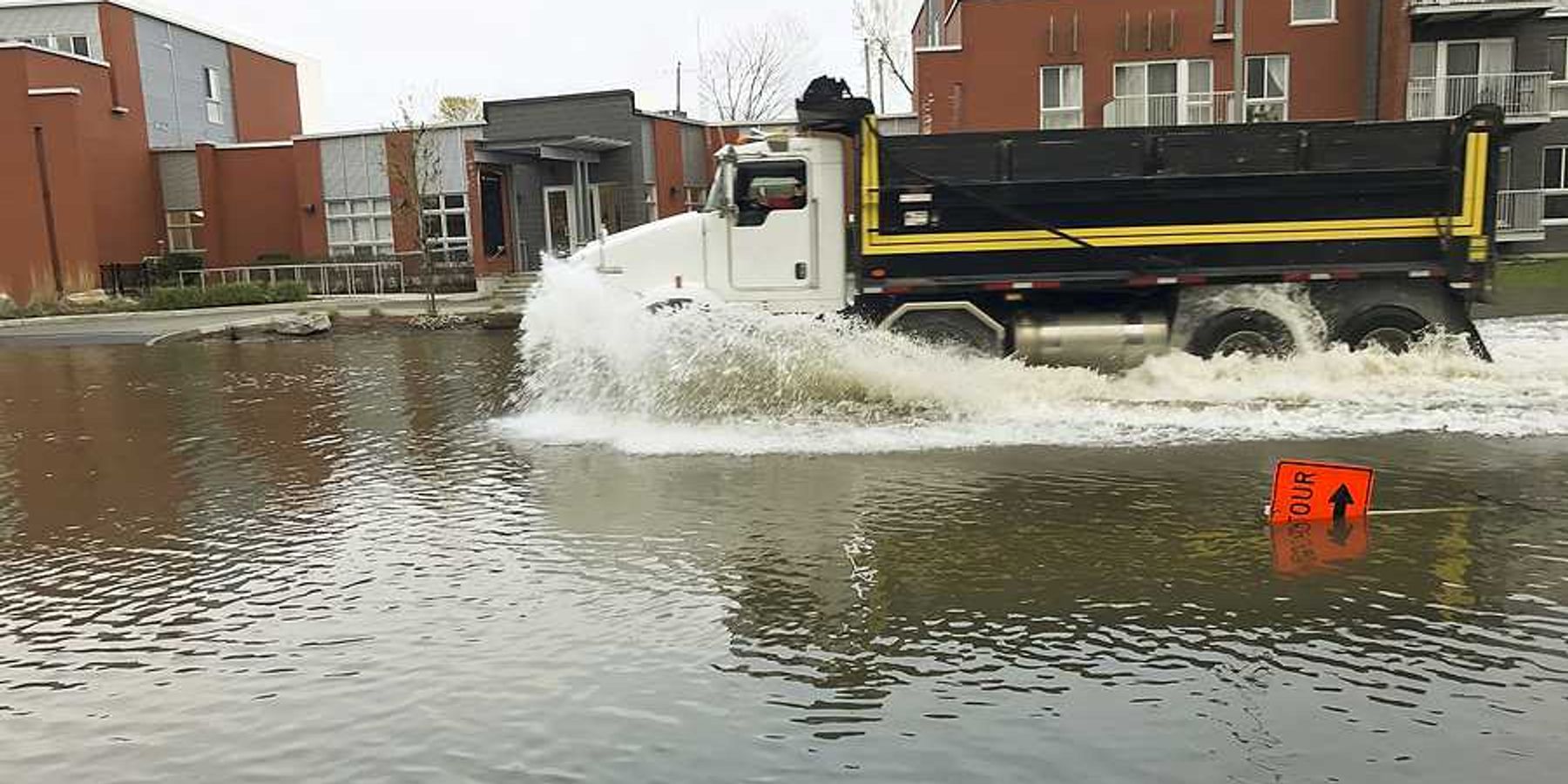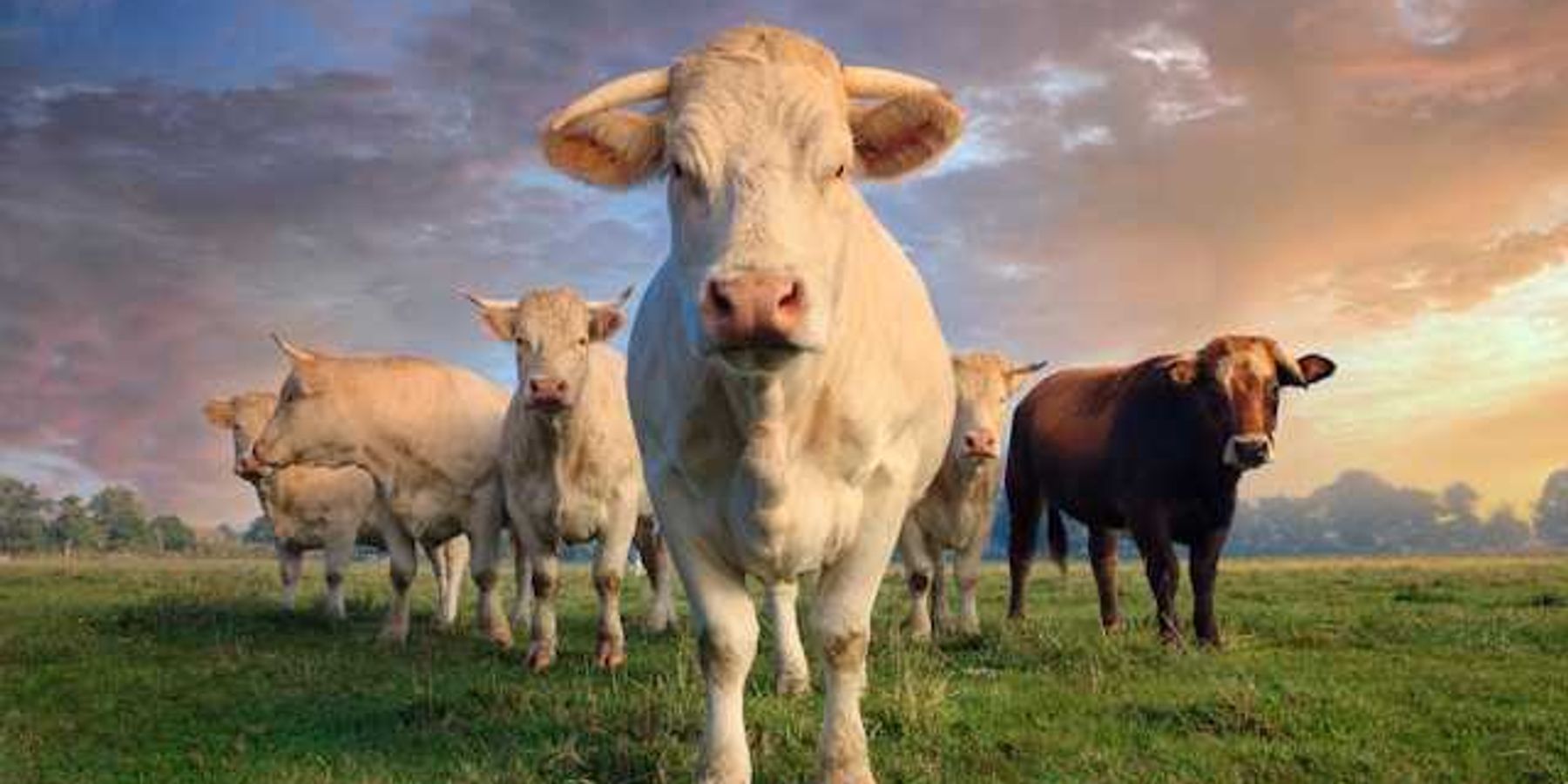wildfires
Raging fires and deadly floods show climate change impacts worldwide
Record droughts, wildfires, and extreme floods are devastating countries across the globe as climate change intensifies.
In short:
- Wildfires in Portugal, Peru, and California have killed dozens and destroyed homes, with firefighters struggling to contain hundreds of blazes.
- Severe drought in Brazil and neighboring countries has led to historic low water levels, disrupting livelihoods and transport.
- Catastrophic floods in Southeast Asia, Central Europe, and West Africa have left thousands dead and displaced millions due to extreme storms and heavy rains.
Key quote:
“The effects of climate change are intensifying conditions that help spread fire.”
— Peru’s National Forest and Wildlife Service (SERFOR)
Why this matters:
Rising global temperatures are fueling more frequent and severe natural disasters. Without stronger climate policies, these life-threatening events are expected to increase, displacing more communities and harming ecosystems worldwide.
Related EHN coverage:
B.C.'s forests struggle to recover as logging and wildfires take their toll
As British Columbia grapples with the effects of over-logging and wildfires, experts warn that the province’s forests are rapidly depleting, leaving the forestry industry in crisis.
In short:
- B.C. has allowed excessive logging for decades, and its replanted forests are too young to harvest, leading companies to seek timber elsewhere.
- Wildfires and pest infestations have further devastated B.C.’s forest reserves, with many areas facing a biodiversity crisis.
- Experts argue that the province’s forest management system is outdated and inadequate to prevent ecosystem collapse.
Key quote:
“There’s a new normal that’s emerged. For us, it’s quite a terrifying one.”
— James Gorman, senior vice-president at West Fraser Timber Co.
Why this matters:
B.C.’s forestry industry is at risk, with shrinking tree supplies and ecosystems in danger of collapse. Mismanaged logging practices, combined with natural disasters, are threatening biodiversity and leaving a growing gap between sustainable practices and reality.
California scrambles to save Joshua trees as climate and wildfires intensify
In California’s Mojave Desert, rising temperatures, wildfires and invasive grasses are devastating Joshua trees, prompting state officials to create refuges and stricter regulations to protect the species.
In short:
- Recent wildfires have killed millions of Joshua trees, especially in Mojave National Preserve, altering vital desert ecosystems.
- Climate change threatens Joshua trees by increasing temperatures, reducing rainfall and fueling the spread of invasive, flammable grasses.
- California's new Western Joshua Tree Conservation Act aims to safeguard the species by controlling development and protecting key habitats.
Key quote:
“The temperature is important, but rainfall is really important. If you couple higher temperatures and drier conditions, you are screwed.”
— Cameron Barrows, retired research ecologist, UC Riverside
Why this matters:
Joshua trees are a keystone species in the Mojave Desert, supporting diverse wildlife. Their loss would not only devastate ecosystems but also signal severe impacts from climate change in arid regions.
Brazil faces unprecedented drought with wildfires spreading in key areas
Brazil is facing its most widespread and severe drought in over 70 years, with vast areas experiencing wildfires and river levels dropping to historic lows.
In short:
- 59% of Brazil is suffering from drought, with the Amazon and major rivers hitting record low water levels.
- Uncontrolled wildfires, fueled by manmade causes, have ravaged areas including national parks, worsening air quality across regions like Sao Paulo.
- Indigenous communities in drought-hit areas lack clean water and food as rivers dry up and crops fail.
Key quote:
“This used to be the Amazon River. Now it’s a desert. If things get worse, our people will disappear. Now we are realizing the severity of climate change.”
— Myrian Tikuna, local leader
Why this matters:
The drought and wildfires are devastating Brazil's ecosystems and threatening the lives of its Indigenous populations. Climate change and deforestation are intensifying these environmental crises, which could have lasting global impacts.
For more: Climate change will continue to widen gaps in food security, new study finds
New research seeks to address climate change’s impact on Nova Scotia’s air quality
A new study in Nova Scotia is focusing on how climate change-driven wildfires and pollution are affecting lung health and how communities can better prepare.
In short:
- Nova Scotians are experiencing more respiratory issues due to climate change, with wildfires and heat worsening air quality.
- Dalhousie University’s Sanja Stanojevic leads research using low-cost air monitors to gather localized data on air pollution.
- The project aims to help residents and health officials respond proactively to poor air conditions.
Key quote:
"Even without the wildfires, there are climate-related changes to our air quality that are impacting people's lung health."
— Sanja Stanojevic, respiratory epidemiologist at Dalhousie University
Why this matters:
Poor air quality from wildfires and rising temperatures is worsening respiratory conditions like COPD and asthma. Understanding and addressing these local impacts could help communities manage health risks and reduce hospitalizations.
Learn more:
Insurers leave Maui wildfire survivors in unsafe homes, families say
Maui residents whose homes survived last year's wildfires are grappling with toxic contamination and insufficient insurance coverage to restore their homes, leaving many unable to return.
In short:
- Many Maui homeowners are battling insurers over inadequate payouts for smoke damage after the 2023 wildfires, which left homes filled with toxic residue.
- Independent experts estimate restoration costs up to four times higher than what insurers, like State Farm, are covering, leaving families displaced.
- Hawaii lacks industry standards for assessing wildfire smoke damage, leaving insurers to determine what is safe.
Key quote:
“We are not trying to make money or profit off of disaster. We just want our houses cleaned. We want to know we are safe in our homes, and we don’t know that.”
— Maria Linz, Lahaina resident
Why this matters:
As wildfires increase due to climate change, more homeowners face costly battles with insurers over smoke contamination. Without standards or regulation, families are left at risk, both financially and health-wise.
Read more: The Maui fires may cause long-term health problems
Wildfire smoke is now linked to worsening eczema symptoms
Researchers have found that exposure to wildfire smoke can worsen eczema, adding to growing evidence of how air pollution harms skin health.
In short:
- A study led by Dr. Raj Fadadu and Dr. Maria Wei revealed a link between wildfire smoke and eczema, a common skin condition.
- Even short-term exposure to polluted air can aggravate symptoms like itchiness and dryness in people with eczema.
- As wildfires increase due to climate change, these findings suggest worsening skin health impacts.
Key quote:
"I feel like as climate change has progressed throughout my youth and adulthood, I'm seeing how a lot of the damage is done to the environment or harming human health — and one of the ways that's happening is through the generation of air pollution."
— Raj Fadadu, dermatologist at the University of San Francisco
Why this matters:
As wildfires grow more frequent, more people may suffer from aggravated skin conditions like eczema. Understanding these effects could lead to better treatment and policy responses.
Related EHN coverage:

